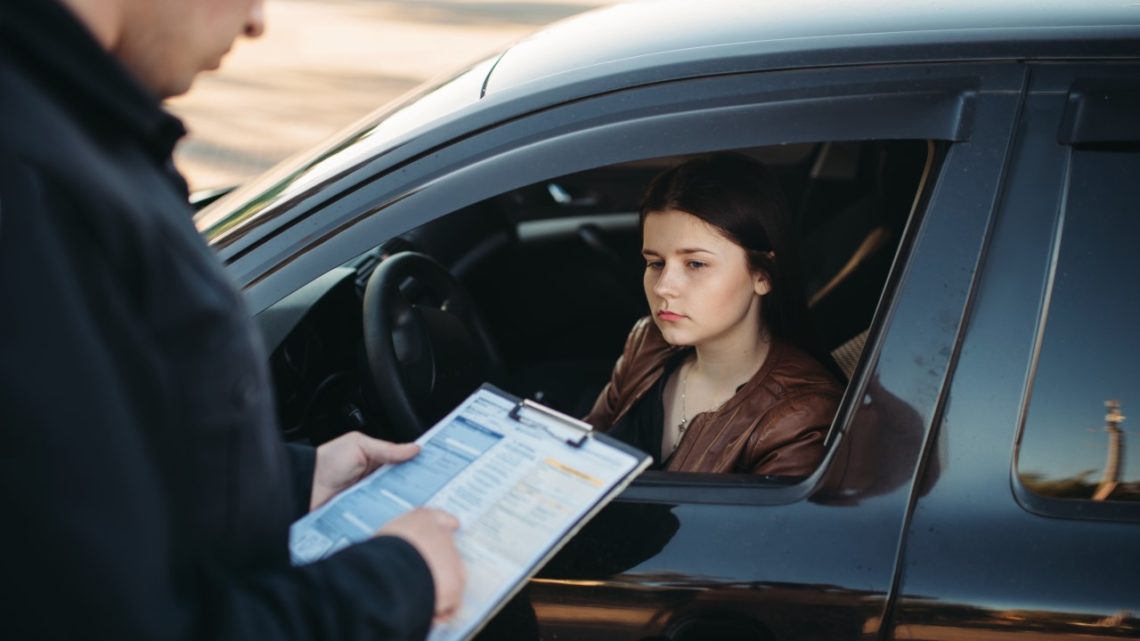Speeding tickets are, by far, the most common moving violation. If you want to fight your ticket, there are two things you must find out.
Because each type of speed-limit violation often requires a unique defense, it is key to understand which you are charged with violating.
There are three types of speed limits that pertain to all US states:
- Absolute. Most states have an “absolute” speed law. There is no trick to how this works: If the sign says 60 mph and you drive 61 mph or more, you have violated the law.
- Presumed. “Presumed” speed-limit violations are a little more complicated but give you far more flexibility in building your defense. In states that use this system for all or some of their roads—California and Texas, for example—it’s legal to drive over the posted limit as long as you are driving safely. For example, if you are driving 50 mph in a 40-mph zone, you are “presumed” to be speeding. But if it is 6 a.m. on a clear, dry morning with no other cars on a wide, straight road, and you can convince the judge that you were driving safely given those conditions, you should be acquitted. That’s because you present facts that “rebut the presumption” that by going over the limit you were driving at an unsafe speed.
- Basic. The concept of the basic speed law is even trickier. It works like this: In all states you can be charged with speeding by violating the “basic” speed law, even if you were driving below the posted speed limit. The ticketing officer must simply decide that you were going faster than you should have been, taking into account the driving conditions at the time. Or put another way, if you are driving 40 mph in a 45-mph zone on an icy road in heavy fog, a police officer could sensibly conclude that by driving too fast for road conditions you are in violation of the “basic” speed law. This type of ticket is mostly handed out after an accident.
Unfortunately, it is sometimes hard to tell from simply reading your state speeding law whether it follows the “absolute” or “presumed” method. Here are a few things to keep in mind:
- If your state’s laws refer to a “maximum” speed limit, it is most likely “absolute,” so that it is illegal to exceed it by even 1 mph, period.
- If your state’s laws refer to a speed limit above which it is “unlawful to exceed,” or your state’s law says something like “no person shall drive in excess” of that posted or set speed limit, that speed limit is “absolute.”
- If the law sets speed limits but then just says it’s “lawful”—in the absence of a hazard—to drive below the speed limit, without flatly saying it’s illegal to exceed that limit, the speed limit is probably “presumed.”
- If the law says it’s merely “prima facie unlawful” to exceed the posted speed limit, without reference to “maximum” limits, and it doesn’t flatly forbid driving at a speed over the limit, the speed limit is likely “presumed.”
If you are in a more complex situation where you are issued a speeding ticket following an accident, it is important that you never plead guilty. Seek the advice of an attorney – even if you don’t want to fight the ticket, you should enter a “nolo contendere” plea, which is a way of not fighting the charges. A guilty plea can be used against you if anyone involved in the accident sues you for damages. If you fight a citation and lose, a guilty verdict might be used against you in a civil lawsuit arising from the accident.
